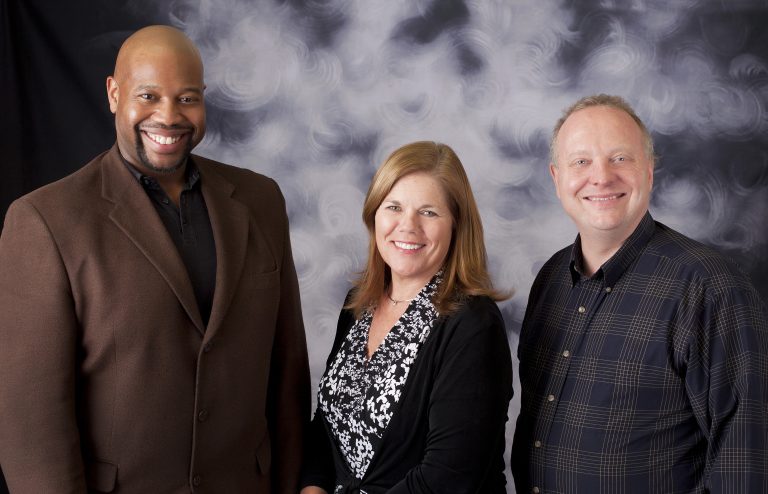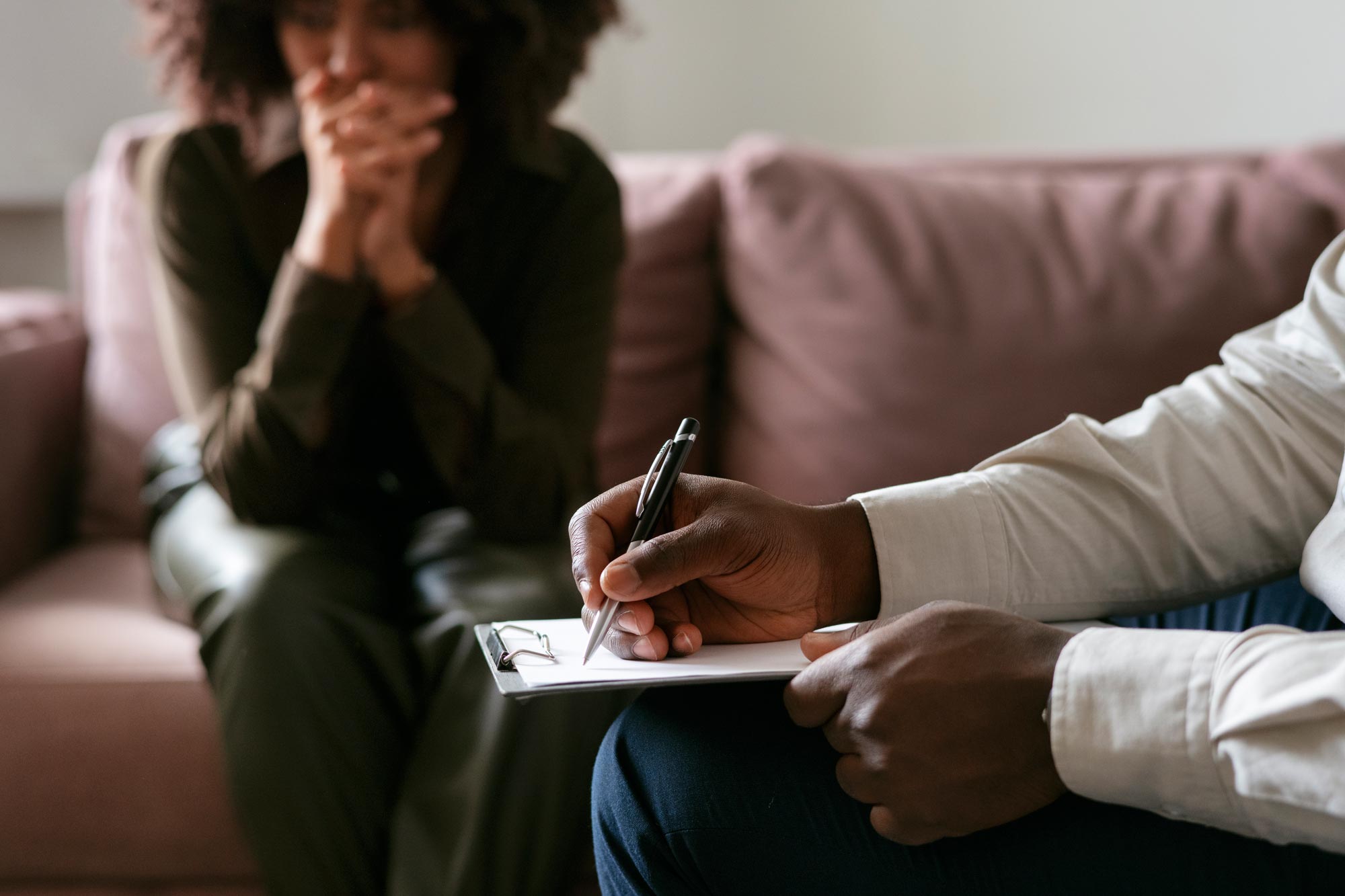Blog

By Dr. Aaron Ellington, PhD, LPCC-S, LICDC-CS
Mental health affects all of us, but access to quality care, the experience of treatment, and outcomes can vary significantly depending on who you are. Cultural background, race, ethnicity, gender identity, sexual orientation, language, religion, and socioeconomic status all influence how mental health challenges are understood, experienced, and treated.
This is why diversity in mental health treatment isn’t just important, it’s essential.
Understanding the Mental Health Gap
Studies show that people from historically marginalized communities are:
- Less likely to access mental health services
- More likely to experience misdiagnosis or underdiagnosis
- Less likely to receive culturally responsive care
- More likely to face stigma, discrimination, or financial and structural barriers
These gaps are rooted in a long history of systemic inequity and cultural misunderstanding in healthcare systems. Without intentional change, these disparities persist, and so do poor outcomes.
What Does Diversity in Mental Health Treatment Look Like?
1. Diverse Providers and Clinicians
When clients can see therapists who share or understand their cultural background, it can build trust, safety, and relatability faster. A diverse mental health workforce helps:
- Reduce language and cultural barriers
- Promote representation
- Address issues like racial trauma or cultural identity more effectively
2. Culturally Responsive Care
Diverse treatment isn’t just about matching identities, it’s about cultural humility and training. Culturally responsive providers:
- Understand how culture shapes beliefs about mental health
- Acknowledge systemic factors like racism, sexism, or generational trauma
- Adapt interventions to be relevant and respectful
3. Inclusive Services and Environments
Mental health spaces should be welcoming and affirming for all identities, including:
- LGBTQ+ individuals
- Immigrants and refugees
- Neurodivergent clients
- Individuals with disabilities or chronic illness
- Those with different faith traditions
This includes everything from intake forms that ask about pronouns and language preferences to having artwork, staff, and policies that reflect inclusion.
Why Diversity Improves Mental Health Outcomes
Research shows that when mental health services are inclusive and culturally competent, clients are:
- More likely to stay in therapy
- More engaged in the treatment process
- More likely to report improvement
- Better able to apply therapeutic tools to their daily lives
Diversity enhances empathy, broadens clinical understanding, and promotes equity in healing.
What We Can Do—As Providers and Community Members
- For mental health professionals:
Prioritize continuing education on cultural competence, anti-racism, and inclusive practices. Seek supervision and feedback from colleagues with different backgrounds. - For clients and families:
Ask questions, advocate for culturally competent care, and seek providers who understand your values and lived experience. - For organizations:
Invest in workforce diversity, inclusive hiring practices, and community outreach to underrepresented groups.
Final Thoughts
Mental health treatment should never be one-size-fits-all. Diversity in mental health care ensures that people feel seen, heard, and respected for who they truly are—not just their symptoms. By embracing diverse voices, experiences, and practices, we move closer to a mental health system that is truly equitable and healing for everyone.
Looking for Inclusive Care? At Behavioral Health Services of Greater Cleveland, we’re committed to providing culturally responsive, affirming mental health care to people of all identities and backgrounds. Contact us today to find a provider who understands your story. Behavioral Health Services of Greater Cleveland has two locations: Rocky River and Medina. Please call (866) 466-9591 ext. 0 for an intake.
Founded in 2008, BHSOGC has delivered professional Psychology Services to the greater Cleveland area with offices in Medina and Rocky River. We are a multi-disciplinary group practice with a clinical staff of psychologists, licensed social workers and masters level therapists.




